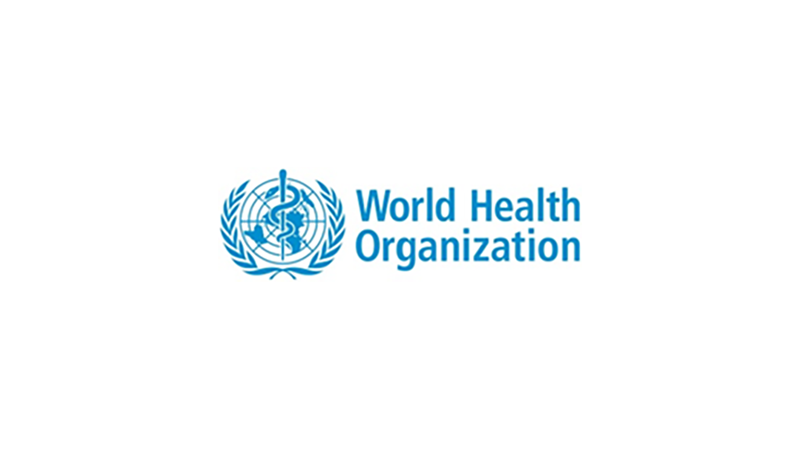This year marks the 75th anniversary of the founding of the World Health Organization. WHO was conceived and born in 1948 with a very simple but powerful idea: that health is a human right.
And yet three quarters of a century later, that right remains unrealised for far too many people, including people with disabilities. People with disabilities are often left behind and excluded from meaningful participation in their communities. When that happens, we all lose.
That’s why the work of Special Olympics is so important. You play a vital role in promoting the health and well-being of people with disabilities, and in promoting their inclusion and participation in communities.
When people have access to health services and follow-up care, they also have more opportunities for enjoying other rights such as education, employment, and the right to make their own decisions. And when that happens, we all win.
By its very nature, sport is about participation, bringing individuals, communities and countries together, and bridging cultural, ethnic and national divides. It promotes tolerance and respect. And it demonstrates what humans are capable of, with the right conditions and the right preparation.
WHO commends the innovative Special Olympics’ Global Health Strategy to increase equity and access to health services for the 200 million people with intellectual disabilities around the world. You and your partners have shown admirable leadership in providing health screening, interventions, clinical and medical training, and community-based programming in over 120 nations around the world. WHO is proud to work with you.
Thank you all once again for your commitment to supporting the right to health for people with disabilities. I commend you all for the hard work you have done to prepare for these games, and I wish all of you every success.










